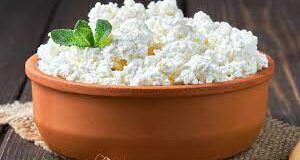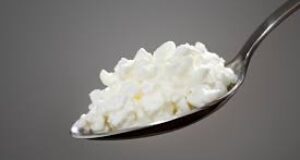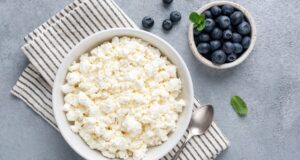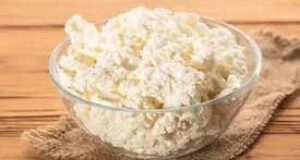Are you curious about the nutritional powerhouse between cottage cheese and ricotta? In this showdown, we will dissect the differences and similarities between these two dairy delights. From texture and flavor to their culinary versatility, we’ll uncover which one packs a healthier punch. Prepare to embark on a journey through the world of cottage cheese and ricotta, where creamy dreams and cheesy fantasies come to life. Let’s dive into this ultimate nutrition showdown to discover the curdly goodness that awaits you!
Unveiling the Contenders: Cottage Cheese and Ricotta
Before diving into the nutritional showdown between cottage cheese and ricotta, it’s crucial to understand what sets these two popular dairy products apart.
What is Cottage Cheese?
Cottage cheese is a curd cheese with a mild flavor and a creamy, lumpy texture. It is made by draining the cheese of most of its whey, leaving behind small curds. Cottage cheese is known for being a versatile ingredient, often enjoyed on its own, with fruit, or as an addition to savory dishes. With its high protein content and low carbohydrate and fat content, cottage cheese has become a staple in many health-conscious diets.
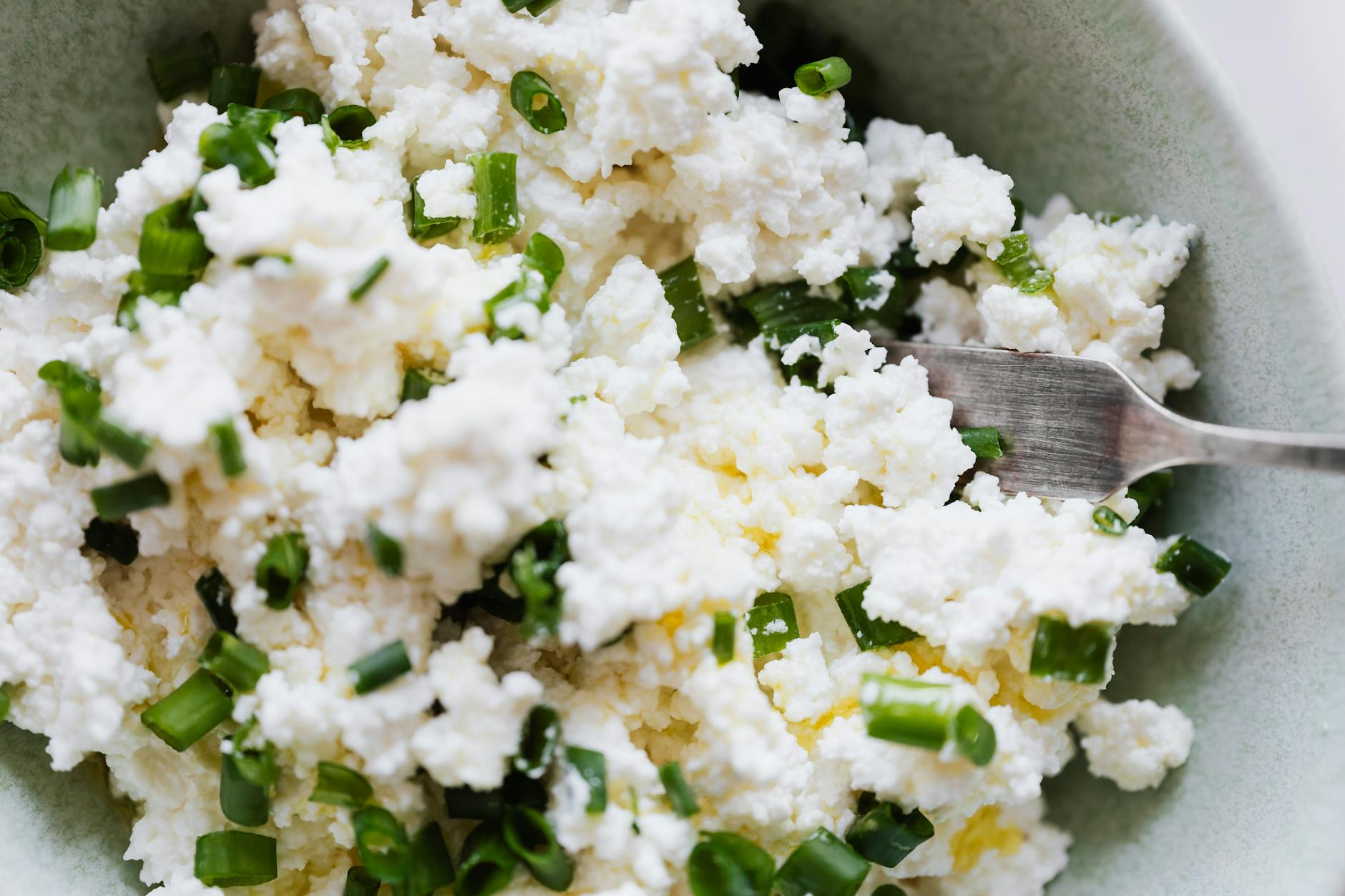 Photo by Karolina Grabowska
Photo by Karolina Grabowska
What is Ricotta Cheese?
Ricotta is a fresh, soft Italian cheese known for its creamy texture and slightly sweet flavor. Unlike cottage cheese, which is made from curds, ricotta is made from whey, a byproduct of cheesemaking. Ricotta has a smooth consistency and a delicate taste, making it a popular choice for both sweet and savory dishes. It is often used in pasta dishes, desserts, and baked goods, adding a rich and creamy element to recipes.
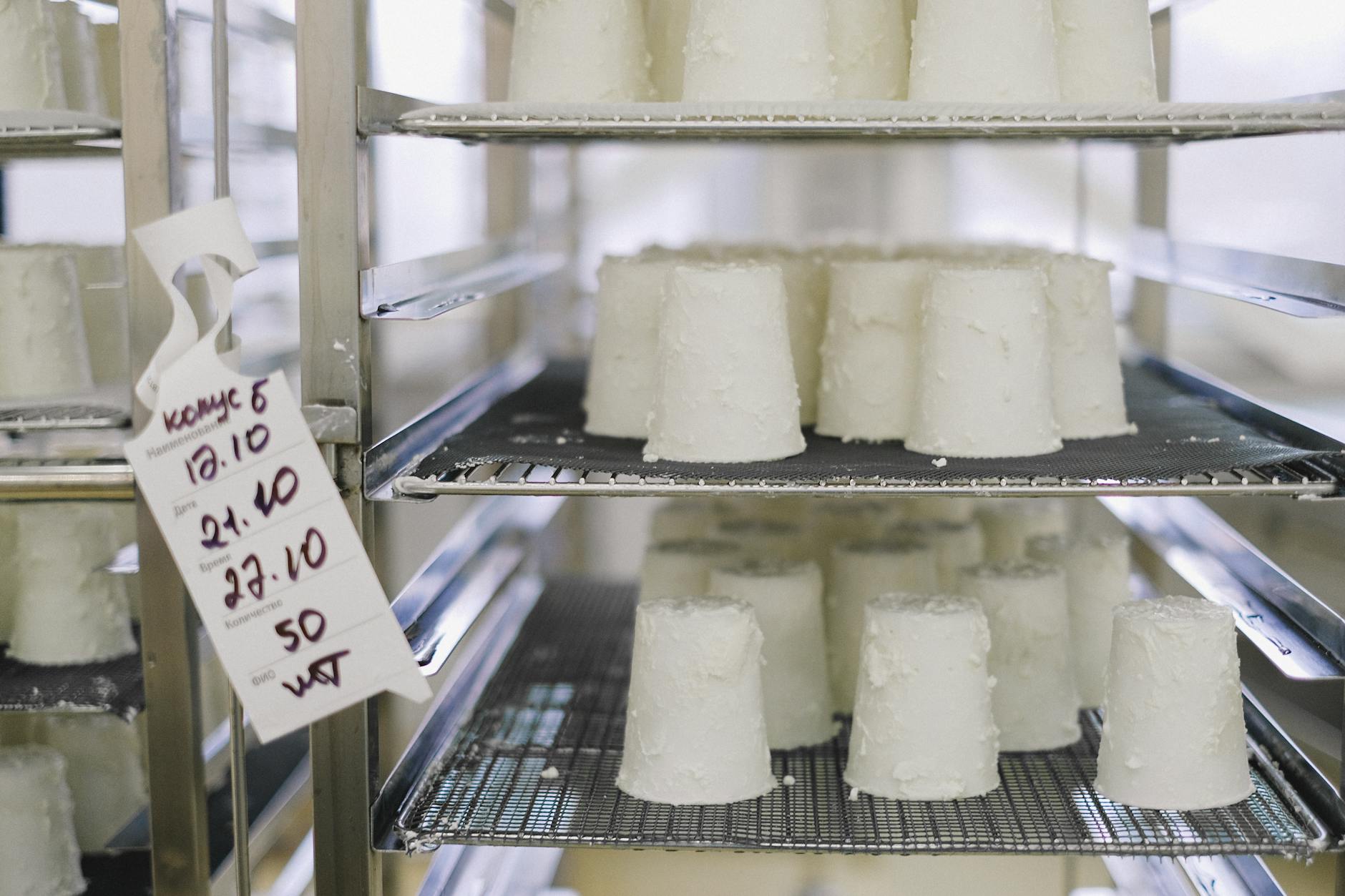 Photo by Anna Shvets
Photo by Anna Shvets
The Nutritional Breakdown: Cottage Cheese vs. Ricotta
When it comes to choosing between cottage cheese and ricotta, understanding their nutritional differences is crucial. Let’s delve into their protein power, fat content, carb count, and vitamin and mineral match-up.
Protein Power
Protein is vital for muscle repair and overall body function. Cottage cheese triumphs in this category, offering approximately 11 grams of protein per 100-gram serving, compared to ricotta’s 7 grams. If you’re aiming to amplify your protein intake, cottage cheese proves to be the superior choice.
Fat Content
Considering calorie and fat content, cottage cheese emerges as the lighter option. A 100-gram serving of ricotta generally contains around 174 calories and 15 grams of fat, predominantly saturated. In contrast, the same serving of cottage cheese contains roughly 98 calories and only 4 grams of fat, with a lower proportion of saturated fat.
 Photo by Dana Tentis
Photo by Dana Tentis
Carb Count
Both ricotta and cottage cheese present low carbohydrate content, suitable for individuals following low-carb or keto diets. Ricotta contains around 3 grams of carbohydrates per 100-gram serving, while cottage cheese provides approximately 3.4 grams.
Vitamin and Mineral Match-Up
In terms of vitamins and minerals, both options offer diverse nutrients, with each boasting its own advantages. Ricotta tends to be higher in calcium, while cottage cheese contains more phosphorus. Both are excellent sources of essential nutrients, contributing to a well-rounded diet.
 Photo by Rachel Claire
Photo by Rachel Claire
Dietary Benefits: Which Cheese Fits Your Health Goals?
When it comes to choosing the right cheese for your dietary goals, understanding the specific benefits of each can make a significant difference. Let’s delve into the dietary advantages of cottage cheese and ricotta, and how they align with various health objectives.
Weight Management Warriors
Cottage cheese is a go-to choice for individuals aiming to manage their weight. With its high protein content and relatively low calorie count, it can keep hunger at bay while supporting muscle preservation. Alternatively, ricotta cheese boasts a creamy texture and can contribute to a feeling of fullness, potentially reducing overall food consumption.
 Photo by Karolina Grabowska
Photo by Karolina Grabowska
Muscle Building and Maintenance
Both cottage cheese and ricotta are excellent sources of protein, vital for muscle development and repair. Cottage cheese, with its higher protein concentration, can be particularly beneficial for those focused on building muscle. Conversely, the smooth consistency of ricotta makes it an adaptable ingredient in various muscle-nourishing recipes.
Bone Health
Calcium and phosphorus are pivotal for bone strength and density. Cottage cheese, being rich in these minerals, promotes bone health and aids in the prevention of bone-related conditions. Ricotta, while slightly lower in calcium content, still contributes to the overall intake of bone-strengthening nutrients.
By carefully considering the dietary benefits of cottage cheese and ricotta, individuals can make informed choices in line with their health and wellness objectives.
Culinary Showdown: Versatility in the Kitchen
Both cottage cheese and ricotta are incredibly versatile in the kitchen, adding a creamy, rich texture to a wide range of dishes. Let’s explore how each of these dairy products can elevate your culinary creations.
Cottage Cheese
Cottage cheese is a soft, lumpy cheese that can be used in both sweet and savory dishes. Its mild flavor and creamy texture make it a versatile ingredient for cooking and baking. When mixed with fruits and honey, it becomes a delightful dessert topping or filling for pancakes and crepes. Alternatively, it can be used in savory dishes like lasagna, salads, and dips, adding a delightful creaminess to the recipe.
Ricotta
Ricotta is a smooth and slightly grainy cheese that is incredibly versatile in the kitchen. Its delicate flavor and creamy texture make it perfect for both sweet and savory dishes. It’s commonly used in Italian cuisine, adding richness to dishes like lasagna, cannoli, and cheesecakes. Additionally, it can be used to stuff pastas or as a creamy layer in savory tarts and pies.
 Photo by Valeria Boltneva
Photo by Valeria Boltneva
Both cottage cheese and ricotta bring their own unique flair to the dishes they are used in, making them invaluable ingredients in any kitchen.
Taste and Texture: Sensory Experience
When it comes to food, taste and texture play a significant role in our overall sensory experience. Let’s dive into the creamy taste of cottage cheese and the smooth richness of ricotta to understand how these two dairy products cater to our senses.
The Creamy Taste of Cottage Cheese
Cottage cheese is known for its luscious, creamy texture with a slight graininess that adds a delightful contrast. The taste is mildly tangy and fresh, making it a versatile ingredient suited for both savory and sweet dishes. Its slightly salty undertone adds depth to the overall sensory experience, making it a popular choice for health-conscious individuals looking to enhance their meals with a high-protein, low-fat option. When paired with fruits or drizzled with honey, cottage cheese offers a nuanced blend of flavors and textures that elevates the eating experience.
Image:
Photo by Karolina Grabowska
The Smooth Richness of Ricotta
Ricotta, on the other hand, boasts a velvety, smooth consistency with a mild, milky sweetness that sets it apart. This Italian cheese excels in providing a luxurious mouthfeel, making it a sought-after ingredient in both savory and dessert recipes. The delicate, creamy texture and subtle sweetness of ricotta make it a delightful addition to pasta fillings, dips, and decadent pastries, offering a sensory journey that indulges the palate and leaves a lasting impression.
Image:
Photo by Valeria Boltneva
Special Dietary Considerations
A successful event or meal requires accommodating special dietary considerations. Understanding and addressing dietary restrictions is crucial to ensure all guests can enjoy the offerings.
Lactose Intolerance and Digestibility
Lactose intolerance is a common dietary concern, affecting a significant portion of the population. People with lactose intolerance have difficulty digesting lactose, the sugar found in dairy products. Symptoms may include bloating, abdominal pain, flatulence, and diarrhea. However, some individuals with lactose intolerance can tolerate specific dairy products better than others.
Some recommended options for lactose-intolerant individuals include:
- Lactose-free milk: A nutritionally identical alternative to regular milk, treated with lactase to digest lactose.
- Fermented dairy products: Yogurt, kefir, sour cream, and certain other fermented dairy products may be tolerated due to partial lactose digestion via bacterial fermentation.
- Hard-mature cheeses: Naturally lactose-free varieties, such as Parmesan and Grana Padano, may be well-tolerated.
- Butter: While butter may contain residual lactose, clarified butter or ghee is generally safe for individuals with lactose intolerance.
Low Sodium Diet Compatibility
For individuals following a low-sodium diet, it’s essential to be mindful of the salt content in food offerings. High sodium intake can lead to health issues, so providing low-sodium options is crucial for accommodating these dietary restrictions. Incorporating specific cooking methods, seasoning alternatives, and ingredient substitutions can help in preparing flavorful low-sodium dishes without compromising on taste or quality.
Ensuring that special dietary considerations, such as lactose intolerance and low-sodium diets, are accounted for in event planning and menu creation can elevate the overall guest experience and demonstrate a commitment to inclusivity and diversity in dietary preferences and requirements. Photo by Stock Photographer
Price and Availability: Making the Smart Choice
When it comes to choosing between cottage cheese and ricotta based on cost and availability, there are a few factors to consider. This section will compare the cost of both options and provide tips for ensuring you’re getting the best-quality product.
Cost Comparison
Cottage cheese tends to be more budget-friendly compared to ricotta. Typically, cottage cheese is priced lower due to its simpler production process and lower fat content. Ricotta, on the other hand, often comes with a higher price tag due to the ingredients used and the production method.
Shopping Tips for Quality and Freshness
When shopping for cottage cheese or ricotta, it’s essential to prioritize freshness and quality. Check the expiration date and opt for products with a longer shelf life to ensure they stay fresh for longer at home. Additionally, inspect the packaging for any signs of damage or tampering.
Look for dairy products from reputable brands or local producers known for their high-quality offerings. Consider visiting local farmers’ markets or specialty grocery stores where you may find freshly made ricotta or cottage cheese, often at competitive prices.
 Photo by Erik Scheel
Photo by Erik Scheel
 Photo by Karolina Grabowska
Photo by Karolina Grabowska
Conclusion
In the ultimate showdown between cottage cheese and ricotta, the battle of creamy dairy delights has provided an in-depth look into the similarities and differences of these beloved products. Each cheese brings its own unique nutritional benefits and culinary versatility to the table.
While cottage cheese boasts a higher protein content and lower fat content, ricotta offers a creamier texture and a richer flavor profile. Both cheeses are excellent sources of calcium and can be incorporated into a wide array of dishes, from savory to sweet.
Whether you’re looking to boost your protein intake or add a creamy touch to your favorite recipes, the choice between cottage cheese and ricotta ultimately depends on your personal dietary preferences and culinary needs. Embrace the curdly goodness and enjoy the delightful flavors and textures that each cheese has to offer.

